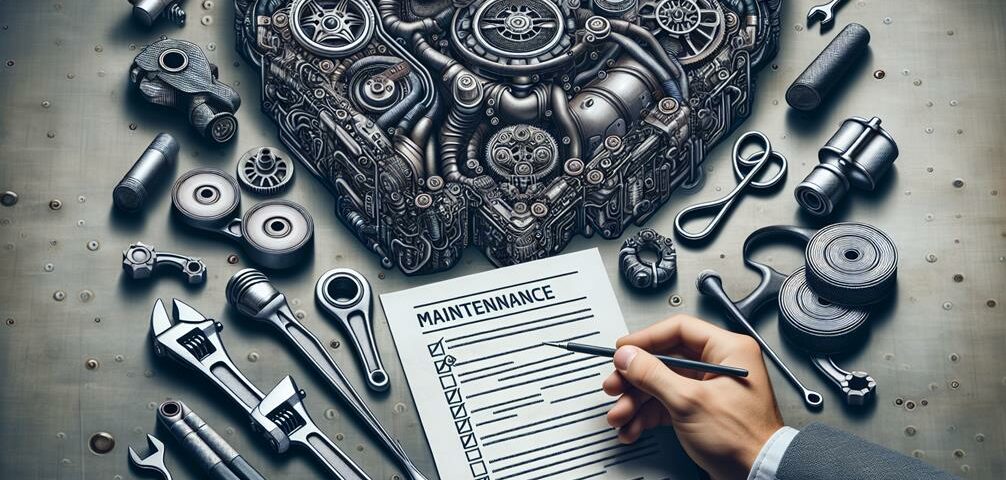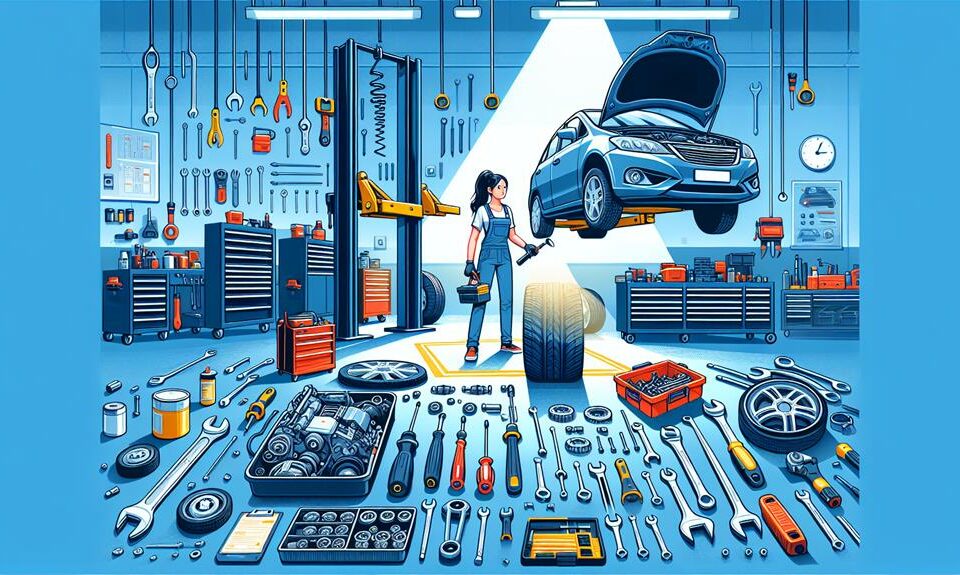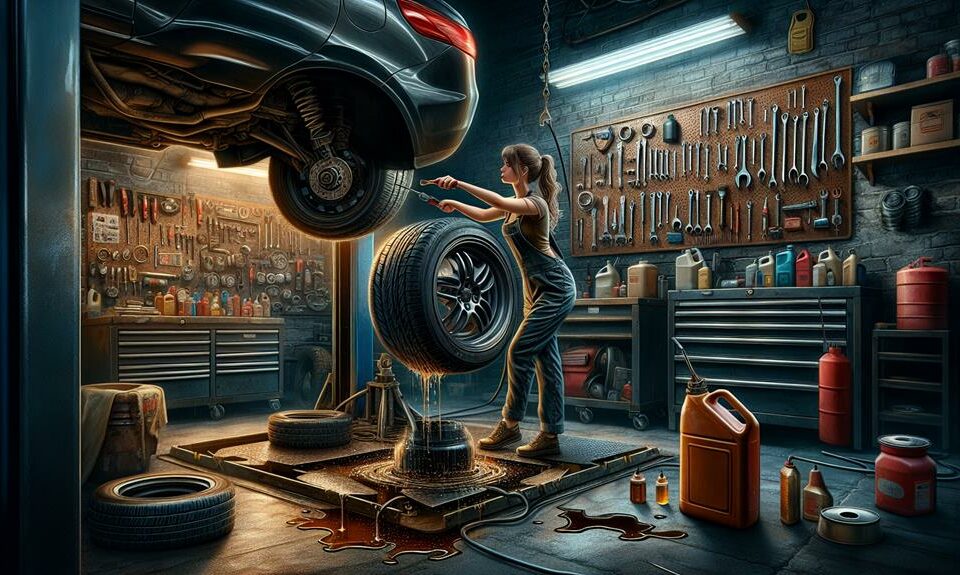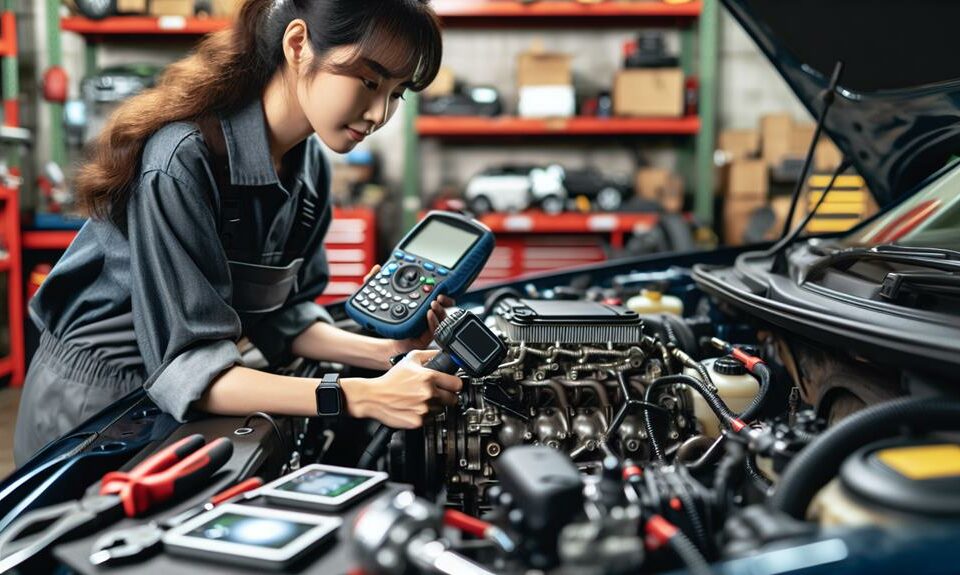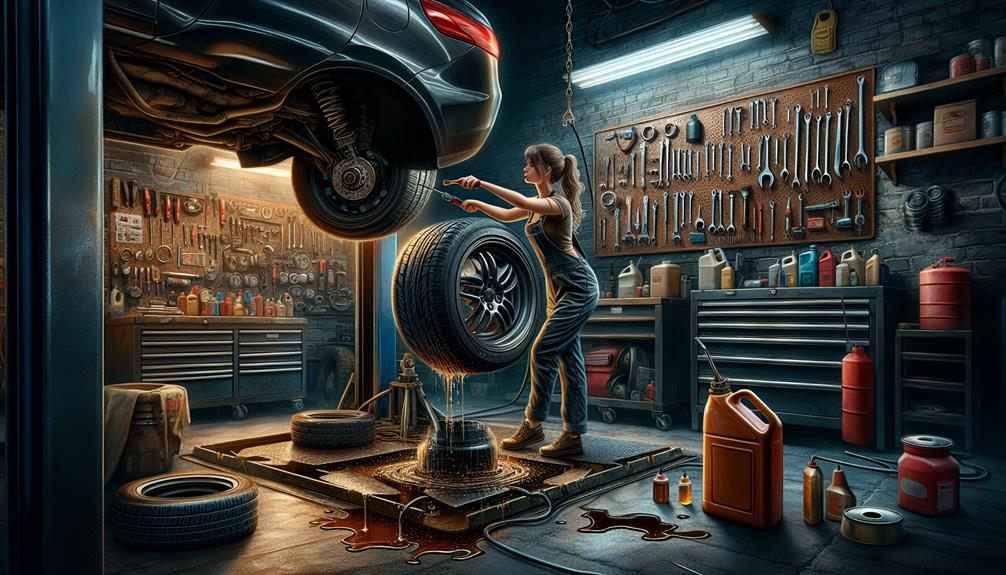
The Ultimate Guide to Car Mechanic Core Services: From Oil Changes to Tire Rotations
April 8, 2024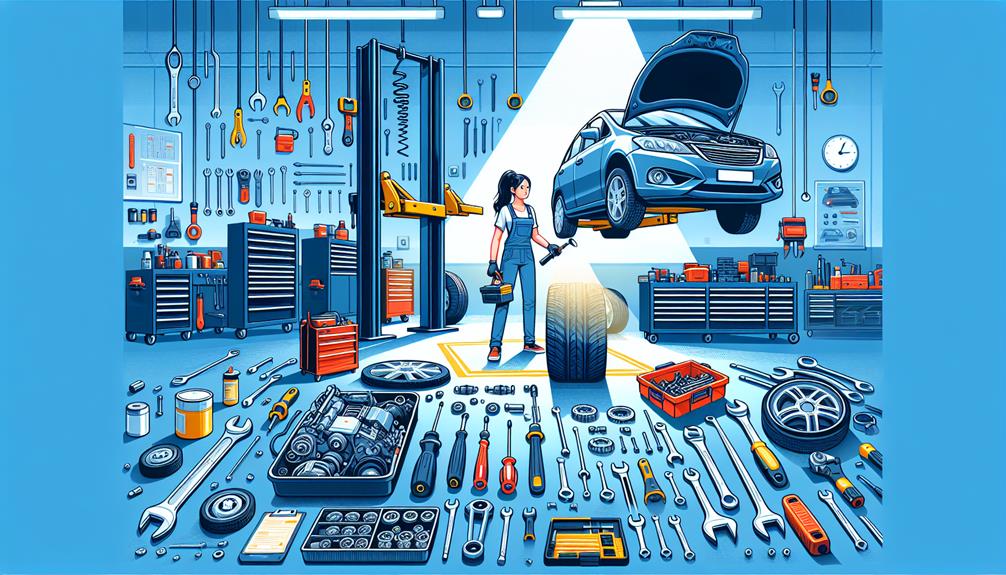
Car Mechanic Insights: Top Core Services for Maintaining Your Vehicle’s Health
April 8, 2024As the old adage goes, ‘Prevention is better than cure,’ and this couldn’t be truer when it comes to your vehicle’s longevity. You’ve likely invested a fair sum in your car, auto mechanic and naturally, you’d want it to serve you well for as long as possible.
This is where the expertise of a professional car mechanic comes into play. The core services they offer – regular maintenance and inspections, essential oil change services, brake system checks and repairs, tire rotation and alignment, and comprehensive engine diagnostics – are crucial for keeping your vehicle in top-notch condition.
But how exactly do these services contribute to your car’s lifespan, and what sets them apart as indispensable? Let’s dive deeper to explore the finer details.
Regular Maintenance and Inspections
When it comes to preserving your vehicle’s longevity, regular maintenance and inspections can’t be overlooked as they play a pivotal role in detecting potential issues early and keeping your car in optimal running condition. Don’t skimp on these crucial services. They’re not just about ticking boxes on a checklist; they’re your car’s health assessment.
Oil changes, brake checks, tire rotations – these aren’t luxuries, they’re necessities. Your car’s engine needs clean oil for smooth operation, your brakes need to be responsive for your safety, and your tires need even wear for optimal performance.
Essential Oil Change Services
Building on the importance of regular maintenance, let’s zero in on one of the most critical services your car needs for optimal performance: the oil change. This service isn’t just about replacing the oil, but it’s also about:
* Inspecting for possible leaks which could lead to engine damage. This includes:
* Checking the oil pan for signs of leakage
* Examining the oil filter for secure fitting
* Assessing the oil’s condition and ensuring it’s not overly dirty or gritty, which could indicate:
* Engine wear
* Contamination
Regular oil changes go beyond just keeping your engine running smoothly. They’re an essential tool in your vehicle longevity arsenal. In this maintenance journey, you’re not alone. We’re here to guide you, ensuring your vehicle gets the best care possible.
Brake System Check and Repair
Your vehicle’s braking system, a vital safety feature, requires regular checks and repairs to ensure its optimal functioning and longevity. Professional mechanics typically examine brake pads, rotors, and fluid levels, as these elements play a key role in your vehicle’s stopping power.
Worn-out brake pads can jeopardize your safety, while uneven rotors can cause your car to vibrate when you apply the brakes.
Moreover, if your brake fluid isn’t replaced periodically, it can absorb moisture, leading to corrosion and potentially brake failure. By ensuring these parts are in top condition, you’re not just maintaining your vehicle; you’re safeguarding your life and those of others on the road.
It’s essential to be part of a community that values these critical check-ups and repairs for prolonged vehicle life, and ultimately, peace of mind.
Tire Rotation and Alignment
Just as vital as maintaining your brakes, proper tire rotation and alignment significantly contribute to your vehicle’s overall performance and longevity. This service ensures even wear of the tires, extending their life and providing a smoother ride.
Here’s why it’s crucial:
– Tire rotation:
– Balances tire wear: By rotating your tires, you’re ensuring they wear evenly. This prolongs the life of your tires and saves you money in the long run.
– Improves performance: A well-rotated tire ensures optimal car handling, giving you a smoother and safer drive.
– Alignment:
– Prevents irregular tire wear: Poor alignment can lead to increased tire wear, which could result in premature replacement.
– Enhances fuel efficiency: Proper alignment reduces resistance while driving, which can improve your car’s fuel efficiency.
Comprehensive Engine Diagnostics
Moving on to comprehensive engine diagnostics, it’s essential to understand that this process plays a vital role in identifying potential issues within your vehicle’s engine before they escalate into significant problems.
Regular engine diagnostics auto mechanic can detect problems like failed emissions, poor fuel economy, and engine misfires early on. It’s not just about saving you the stress of a breakdown; it’s about prolonging your car’s lifespan.
Mechanics use advanced diagnostic tools to read error codes stored in your vehicle’s onboard computer system. These error codes provide a starting point for further investigation, enabling them to pinpoint and rectify issues efficiently.


